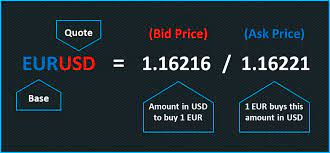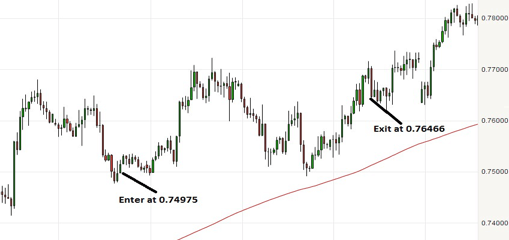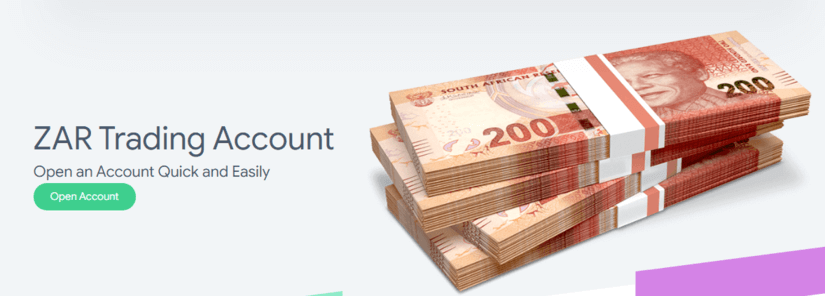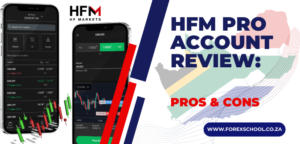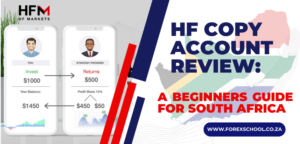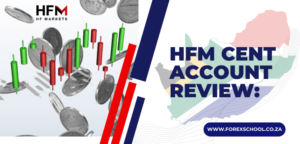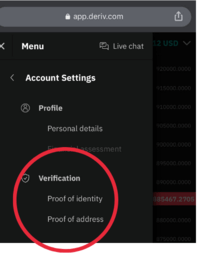Chapter Two: Advantages Of Online Forex Trading In South Africa
Reasons why forex trading is getting more and more popular amongst South Africans
 1.) The forex market is open 24hrs/day, five days a week. From the Monday morning opening in Australia (11 pm Sunday South African time) to the afternoon close in New York (11 pm Friday South African time), the forex market is always active. This presents a lot of flexibility in the times you can choose to trade.
1.) The forex market is open 24hrs/day, five days a week. From the Monday morning opening in Australia (11 pm Sunday South African time) to the afternoon close in New York (11 pm Friday South African time), the forex market is always active. This presents a lot of flexibility in the times you can choose to trade.
2.) Leverage can increase your gains in forex trading. Leverage gives the trader the potential to make nice profits, and at the same time keep risk capital to a minimum. A small deposit can control a much larger total contract value.
For example, a forex broker may offer 200-to-1 leverage, which means that a $50 dollar margin deposit would enable a trader to buy or sell $10 000 worth of currencies. Similarly, with $500 dollars, one could trade with $100 000 dollars and so on.
While this is all presents a chance for increasing profit, you should be warned that leverage is a double-edged sword. Without proper risk management, this high degree of leverage can lead to large losses.
We will discuss this later.
3.) The forex market is very liquid. The market is so big and this means that it is also extremely liquid. Under normal market conditions, with a click of a mouse you can instantaneously buy and sell at will as there will usually be someone in the market willing to take the other side of your trade.
You are never “stuck” in a trade. You can even set your online trading platform to automatically close your position once your desired profit level (take profit order) has been reached, and/or close a trade if a trade is going against you (a stop-loss order).

4.) There are low barriers to entry in forex trading. You need a small deposit to get started as a forex trader. Online forex brokers accepting traders from South Africa offer “mini” and “micro” trading accounts, some with a minimum account deposit just of $5 or less (We will look at different brokers in later sections).
This makes forex trading much more accessible to the average individual who doesn’t have a lot of start-up trading capital. It also means you can start without risking significant amounts of capital and you can scale up as needed.
6.) You can practice online forex trading in South Africa using virtual money. The forex brokers that accept South Africans offer “demo” accounts that allow you to practice your trading and build your skills, along with real-time forex news and charting services.
The demo accounts are free and you can open one at any time without any obligation.
Demo accounts are very valuable resources for those who are “financially hampered” and would like to hone their trading skills with “play money” before opening a live trading account and risking real money.

Demo accounts allow you to get a feel of the trading process without using your real money. Every trader should start trading with a demo account before risking real money. We will show you how to easily open a demo account in the following sections.
You can even enter demo contests and stand a chance of winning real money! Learn more about that here.
7.) You can trade forex from anywhere in the world. With forex trading, you can trade from anywhere in the world as long as you have a device with an internet connection! This means that with forex trading you choose to settle in any part of the world and still continue your trades.
You can still trade even when there is a level 5 lockdown in South Africa.

You can trade at home in your pyjamas, report to no boss and not have to keep up with those nosy and irritating co-workers. Forex trading can offer one a possibility of being their own boss and if done well it can pay handsomely.
8.) Some brokers give bonuses that can be traded on your live account. A bonus can amplify your deposit thereby increasing your equity. However, these should be used with caution.
9.) You can make money by copying the trades of more experienced traders via copy and social trading. This removes the burden of learning on your own. You simply ride on the experience of other traders and share profits. This can be a good way of generating profits from the markets while you learn for yourself.
10.) You can easily fund your account using local deposit methods like Zingpay and MasterCard. Deposits can also be made using local banks like Absa, African Bank, Capitec, FNB, NedBank, Old Mutual & Tyme Bank.

You can also withdraw your profits from your trading account using the convenient methods above. You can even withdraw and deposit for cash or e-wallet using payment agents or the Dp2p platform.
11.) You can trade without verifying your account. This is especially useful for South Africans because getting the required verification documents like proof of residence can be a challenge.










